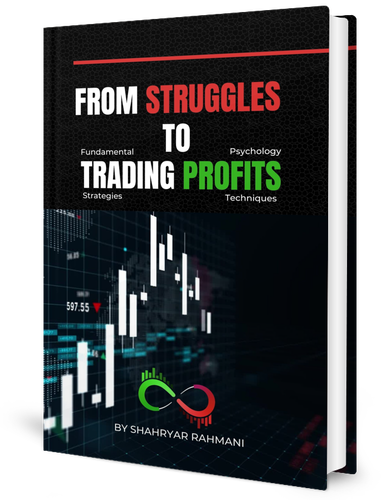Economic indicators play a vital role in shaping investor sentiment and influencing stock prices. 📈📉 These indicators are essential data points that provide insights into the overall health and performance of an economy. As investors, understanding the relationship between economic indicators and stock prices can help us make informed decisions and navigate the complexities of the financial markets. 🧐💼
Gross Domestic Product (GDP):
Gross Domestic Product (GDP) measures the total value of goods and services produced within a country’s borders. It serves as a barometer of economic activity and growth. When GDP is growing steadily or exceeding expectations, it can boost investor confidence and lead to a positive outlook on corporate earnings. As a result, stock prices may rise as investors anticipate improved profitability for companies. 📊🌱💰
On the other hand, a decline in GDP or slower-than-expected growth can raise concerns about economic weakness and potentially lead to a negative impact on stock prices. Investors may become more risk-averse and shift their investments to safer assets during periods of economic contraction. 📉😬💸
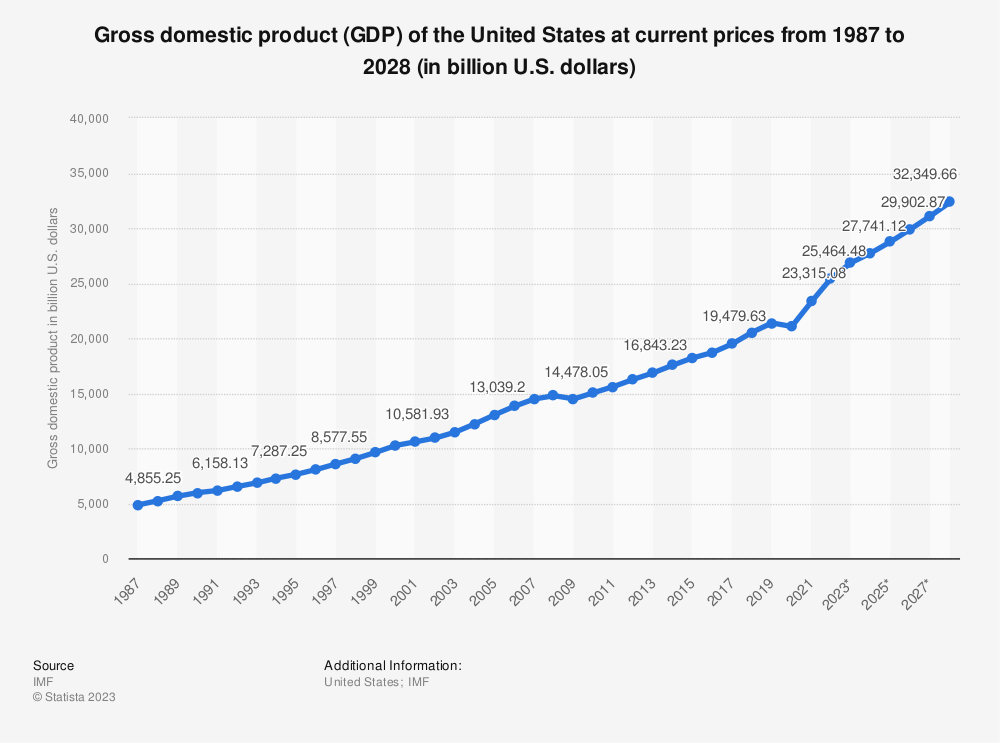
Unemployment Rate:
The unemployment rate is a critical economic indicator that reflects the percentage of the labor force that is unemployed and actively seeking employment. A low unemployment rate is generally associated with a robust economy and consumer spending. As employment levels rise, consumers have more disposable income, which can drive corporate revenues and profitability. 💼👨💼💰
A declining unemployment rate can be viewed positively by investors, leading to increased optimism about the economy and higher stock prices. Conversely, a rising unemployment rate can signal economic challenges, leading investors to adopt a more cautious approach and potentially impacting stock prices negatively. 📈🙌📉
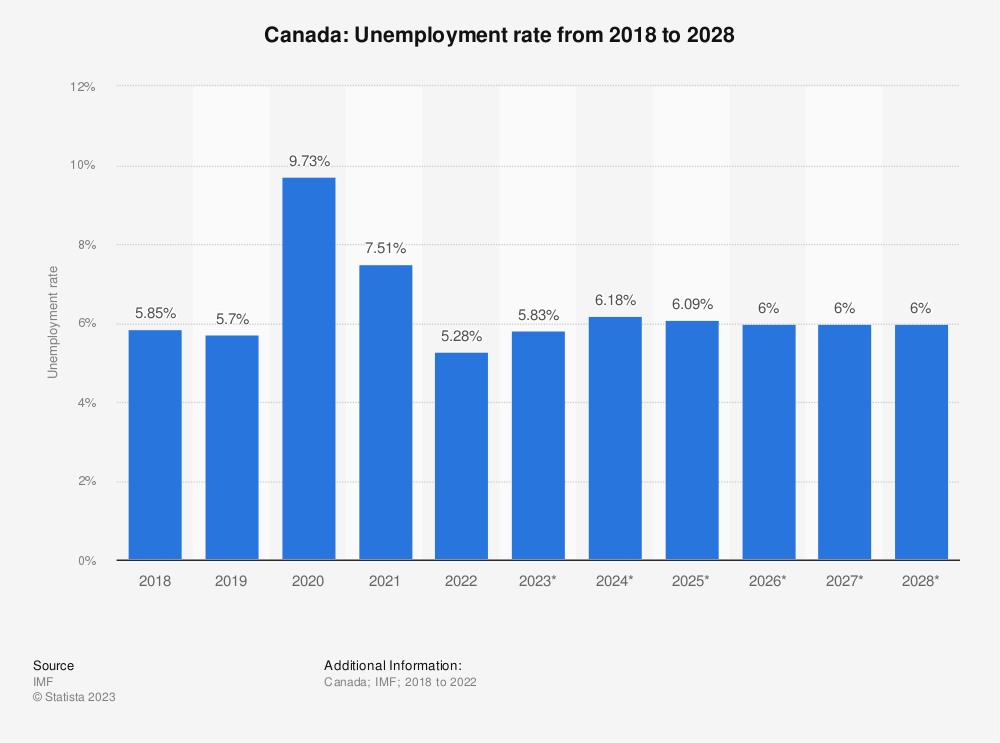
Inflation Rate:
Inflation measures the rate at which the general level of prices for goods and services rises over time, eroding purchasing power. A moderate and stable inflation rate is generally considered healthy for an economy. It indicates stable economic growth and allows businesses to plan and make decisions with more certainty. 💹🛒🤝
When inflation remains in check, interest rates can be kept at reasonable levels, benefiting borrowing costs for companies and consumers alike. As a result, stable inflation can support higher stock prices, reflecting a positive outlook for corporate earnings. 📈📈💼
However, if inflation rises too quickly or exceeds expectations, it can lead to concerns about reduced purchasing power and potential interest rate hikes by central banks. This can create uncertainty in the markets, impacting investor sentiment and causing stock prices to experience volatility. 📈😱📉
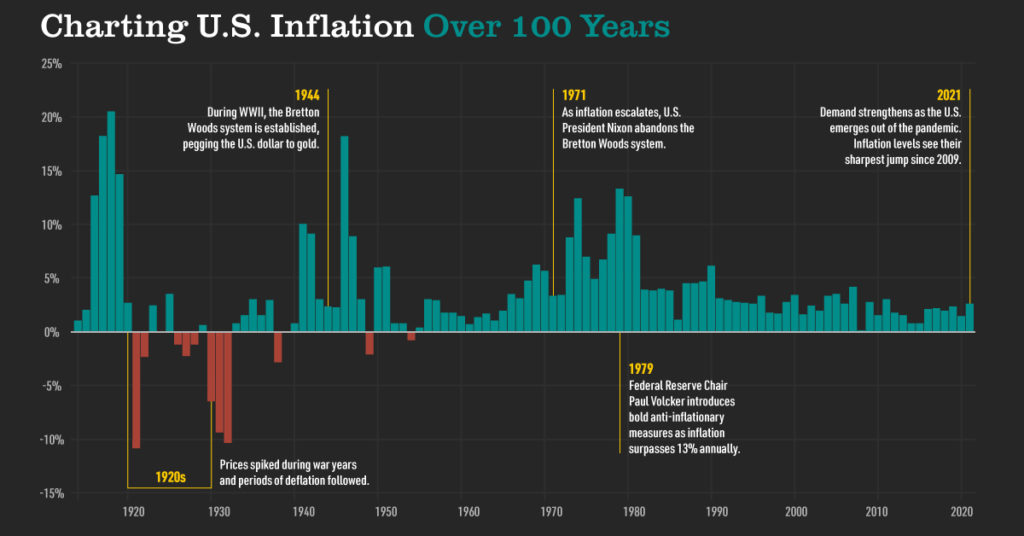
Source: advisor.visualcapitalist.com
Interest Rates:
Interest rates set by central banks, such as the Federal Reserve, have a direct impact on borrowing costs for businesses and consumers. Lower interest rates tend to make borrowing cheaper, stimulating consumer spending, business investments, and overall economic growth. This supportive monetary policy can lead to positive market sentiment, boosting stock prices. 🏦💰📈
Conversely, higher interest rates can increase borrowing costs and potentially slow down economic activity. Investors may become more risk-averse and opt for safer assets, leading to a decline in stock prices. 💸📉
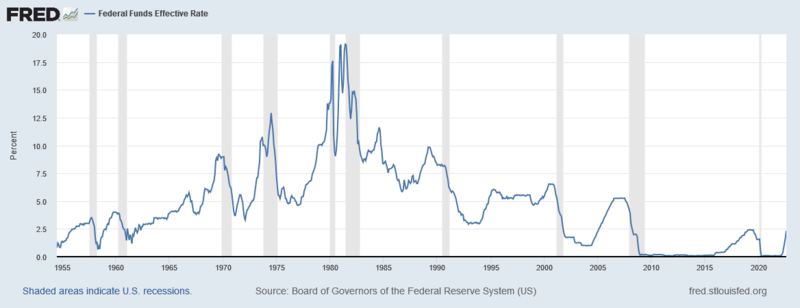
Conclusion:
Economic indicators provide valuable insights into the state of an economy and can significantly influence investor sentiment and stock market movements. As investors, paying attention to key economic indicators and their potential impacts on stock prices is crucial for making well-informed investment decisions. Economic data releases can be catalysts for market volatility and present both opportunities and risks for investors. By understanding the relationship between economic indicators and stock prices, investors can better position themselves to navigate the ever-changing financial landscape and achieve their investment goals. 🌍📈🤝













